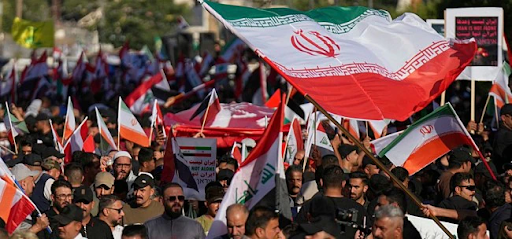




Copyright infringement not intended
Source: Indian Express
On June 21, 2025, the US attacked Iran's nuclear facilities with missiles before they even got ready. They said it was a strategic necessity. The attack means that the world will no longer hold back, and anticipatory warfare will become more common.
|
Country/Region |
Implications |
|
United States |
- Gains tactical edge but risks strategic overstretch. - Stretched between Middle Eastern instability and Indo-Pacific priorities. - Diplomatic leverage weakens, especially against China. - High political risks amid inflation and election-year pressures. |
|
Iran |
- Uses strikes to rally nationalist sentiment. - Promotes a siege mentality. - IRGC likely to activate proxies like Hezbollah and Houthis. - Despite strikes, nuclear knowledge remains intact. |
|
Israel |
- Achieves strategic hit on Iran’s nuclear sites. - Risks retaliation, especially through Hezbollah. - Potential for broader regional conflict. |
|
Gulf States |
- Prefer containment of Iran without provocation. - Fear regional spillover and internal instability. - Prioritise stability over escalation. |
|
India |
- Faces dual challenge: 1. Dependence on Gulf oil. 2. Need to possibly evacuate expatriate population from conflict zones. |
|
Pakistan |
- Torn between public support for Iran and economic reliance on the U.S.. - Risk of unrest in Balochistan, which borders Iran. |
|
Practice Question: Q. The recent US strike on Iran marks a shift from deterrence to preemption. Examine the implications of this trend and suggest measures to safeguard international stability. |
© 2026 iasgyan. All right reserved